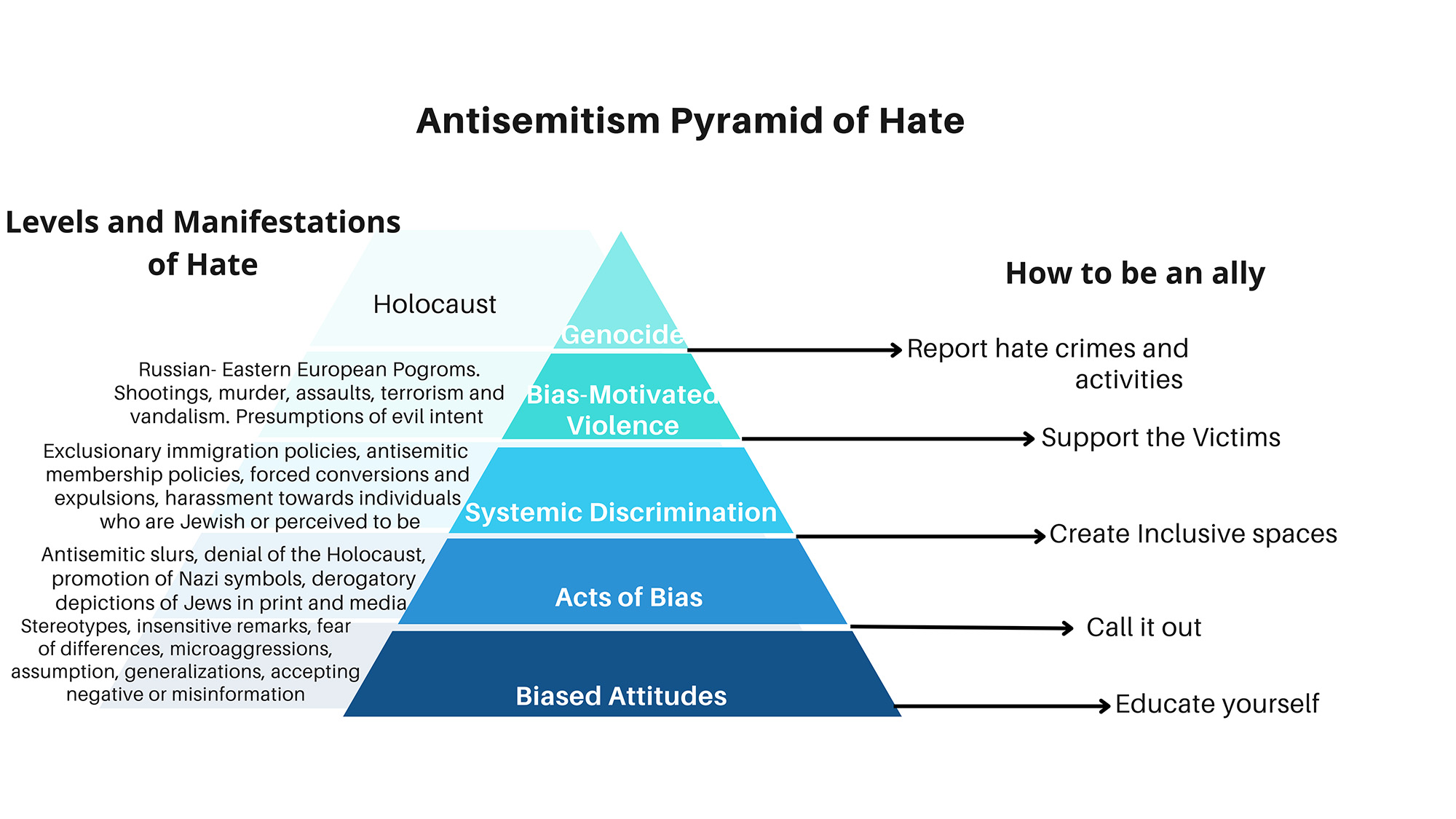Do you ever feel like the world is full of people who just won’t stop yap yap yapping? Like, seriously, it’s exhausting. Whether it’s that coworker who talks over everyone in meetings or the guy at the coffee shop who insists on sharing every single detail of his life, it’s enough to make you want to scream “STFU!” But hold up—there’s actually a lot more going on here than meets the eye. Let’s dive into why certain people drive us crazy and what we can do to handle it.
Let’s face it, we’ve all been there. You’re just trying to get through your day, minding your own business, when BAM—somebody shows up and starts talking your ear off. It’s not even about what they’re saying; it’s the way they say it, the endless chatter, the lack of boundaries. Before you know it, you’re ready to pull your hair out. Sound familiar? Don’t worry, you’re not alone. This is a real thing, and it happens to the best of us.
But here’s the thing: while it’s easy to label these folks as “annoying” or “irritating,” there’s often more to the story. Sometimes, it’s not even about them—it’s about how we perceive their behavior. In this article, we’ll explore why some people seem so unbearable, how to manage your reactions, and maybe—just maybe—how to find a little empathy along the way. So grab a cup of coffee (or a strong drink), and let’s break it down.
- Postech Fashion Inc The Gamechanger In Modern Fashion
- How To Make A Pepperoni Flower A Fun And Delicious Guide
Why Do Certain People Annoy Us So Much?
Let’s be real: not everyone gets under our skin. There are some people who we can tolerate no matter what, while others make us want to run for the hills. But why is that? What makes certain individuals so irritating, and others not so much? Turns out, it’s a mix of personality traits, communication styles, and even our own emotional states.
Personality Clashes
Some people are just wired differently than others. For example, if you’re an introvert, you might find extroverts overwhelming because they tend to dominate conversations and crave constant social interaction. On the flip side, extroverts might find introverts frustrating because they seem distant or uninterested in socializing. These differences can create tension and make interactions feel more difficult than they need to be.
Here’s a quick breakdown of some common personality traits that can clash:
- Alix Earle Bronco The Story Of A Bold Name And Its Impact
- Did Skirby Do It With A Dog Unveiling The Truth Behind The Controversy
- Extroverts vs. Introverts: As mentioned, extroverts often need more social stimulation, while introverts prefer quieter, more introspective environments.
- Perfectionists vs. Go-With-the-Flow Types: If you’re a perfectionist, you might get annoyed by people who don’t seem to care about details or follow through on commitments.
- Logical Thinkers vs. Emotional Thinkers: Logical thinkers might find emotional thinkers too “touchy-feely,” while emotional thinkers might think logical thinkers are cold or unfeeling.
Communication Styles
Another big factor is how people communicate. Some folks are naturally more verbose, while others are more concise. If you’re someone who values brevity and efficiency, you might find people who talk too much to be incredibly frustrating. Conversely, if you’re a more expressive communicator, you might feel like people who are too quiet aren’t engaging enough.
According to a study published in the Journal of Personality and Social Psychology, communication styles can have a huge impact on how we perceive others. People who match our own communication preferences tend to be seen as more likable, while those who don’t can come across as annoying or difficult.
What Makes Someone Truly Annoying?
Now that we’ve talked about personality and communication, let’s zoom in on the specific behaviors that tend to drive people up the wall. Whether it’s incessant talking, interrupting, or being overly dramatic, there are certain habits that just seem to push our buttons. Here are a few of the top offenders:
Incessant Talking
Let’s start with the big one: talking too much. We’ve all met that person who just won’t stop. They dominate conversations, share every little detail of their life, and never seem to notice when you’re trying to change the subject. While it might seem like they’re just being self-centered, there’s often more to it than that.
According to psychologist Dr. Susan Krauss Whitbourne, excessive talking can sometimes be a sign of anxiety or insecurity. People who talk a lot might be using conversation as a way to feel more connected or to distract themselves from uncomfortable emotions. That doesn’t make it any less annoying, of course, but it does help to understand where they’re coming from.
Interrupting
Another major annoyance is interrupting. There’s nothing worse than trying to share your thoughts, only to have someone cut you off mid-sentence. Interrupting can make you feel like your opinions don’t matter and can lead to frustration and resentment.
Interestingly, research suggests that interrupting isn’t always intentional. In some cases, it’s a cultural or regional habit. For example, people from certain regions might be more likely to talk over each other during conversations, while others might see it as rude. It’s all about context and perspective.
Being Overly Dramatic
Finally, there’s the overly dramatic type. These are the people who turn every little issue into a full-blown crisis. They exaggerate everything, from minor inconveniences to major life events, and it can be exhausting to keep up with them.
Again, this behavior often stems from deeper emotional needs. People who are overly dramatic might be seeking attention or validation, or they might be struggling to process their emotions in a healthy way. While it’s important to have empathy for them, it’s also okay to set boundaries if their behavior becomes too much to handle.
How to Handle Annoying People Without Losing Your Mind
So, what can you do when you’re stuck dealing with someone who drives you crazy? The good news is, there are plenty of strategies you can use to manage your reactions and keep your sanity intact. Here are a few tips:
Practice Active Listening
One of the most effective ways to deal with annoying people is to practice active listening. This means really focusing on what they’re saying, without letting your own thoughts or judgments get in the way. By doing this, you might find that their behavior isn’t as bad as it seems—or at least, you’ll be better equipped to handle it.
Here’s how to do it:
- Make eye contact and nod occasionally to show you’re engaged.
- Avoid interrupting or planning your response while they’re speaking.
- Summarize what they’ve said to ensure you understand their point.
Set Boundaries
If someone’s behavior is truly unbearable, it’s okay to set boundaries. You don’t have to tolerate rude or disrespectful behavior just because you’re polite. Whether it’s politely excusing yourself from a conversation or setting clear limits on how much time you’re willing to spend with someone, boundaries are key to maintaining your mental health.
For example, you could say something like, “Hey, I’ve got a lot on my plate today, so I’ll need to keep this conversation short.” Or, if someone is being overly dramatic, you could gently redirect the conversation by saying, “Let’s focus on finding a solution instead of dwelling on the problem.”
Find Common Ground
Sometimes, the best way to deal with annoying people is to find common ground. Look for topics or interests that you both share and use them as a starting point for conversation. This can help to ease tension and make interactions feel more positive.
For instance, if you’re dealing with a coworker who talks too much, you might try steering the conversation toward work-related topics. Or, if you’re dealing with a friend who’s overly dramatic, you could suggest doing an activity together that takes the focus off their issues.
The Importance of Empathy
At the end of the day, empathy is key when it comes to dealing with annoying people. While it’s easy to get caught up in our own frustrations, taking a step back and trying to understand where someone is coming from can make a big difference.
Why Empathy Matters
Empathy isn’t just about being nice—it’s about building better relationships and improving communication. When you take the time to understand someone else’s perspective, you’re more likely to find solutions to conflicts and reduce misunderstandings.
According to a study published in the Journal of Applied Psychology, empathy is one of the most important skills in both personal and professional relationships. It helps to build trust, improve collaboration, and reduce stress.
How to Practice Empathy
Here are a few simple ways to practice empathy in your daily life:
- Listen without judgment and try to see things from the other person’s point of view.
- Ask open-ended questions to encourage deeper conversation.
- Validate their feelings, even if you don’t agree with their perspective.
When to Walk Away
Of course, there are times when no amount of empathy or boundary-setting will fix the situation. If someone’s behavior is consistently toxic or harmful, it might be time to walk away. Your mental health and well-being should always come first.
Recognizing Toxic Behavior
Toxic behavior can take many forms, from constant criticism to manipulation and emotional abuse. If you notice that someone is making you feel bad about yourself or causing unnecessary stress in your life, it’s important to address the issue head-on.
Here are some signs that someone might be toxic:
- They consistently disregard your boundaries.
- They criticize or belittle you in front of others.
- They refuse to take responsibility for their actions.
Taking Action
If you decide that it’s time to walk away, do so with grace and dignity. Be honest about why you’re making the decision, but avoid getting into unnecessary drama. Remember, it’s not about winning an argument—it’s about protecting your mental health.
Conclusion: Finding Peace in a World of Annoyance
In a world full of noisy, annoying people, it’s easy to feel overwhelmed. But by understanding why certain behaviors bother us and learning how to manage our reactions, we can find peace and clarity in even the most frustrating situations.
Remember, it’s okay to feel annoyed from time to time. We’re all human, after all. But it’s also important to approach these situations with empathy and compassion. By doing so, we can build stronger relationships, improve our communication, and ultimately, lead happier, healthier lives.
So the next time someone starts yap yap yapping or gets under your skin, take a deep breath and remind yourself: it’s not about them—it’s about you. And you’ve got this.
Got any thoughts or questions? Drop a comment below and let’s chat. And hey, don’t forget to share this article with your friends—they might find it just as useful as you do!
Table of Contents
- Why Do Certain People Annoy Us So Much?
- Personality Clashes
- Communication Styles
- What Makes Someone Truly Annoying?
- Incessant Talking
- Interrupting
- Being Overly Dramatic
- How to Handle Annoying People Without Losing Your Mind
- Practice Active Listening
- Set Boundaries
- Find Common Ground
- The Importance of Empathy
- Why Empathy Matters
- How to Practice Empathy
- When to Walk Away
- Recognizing Toxic Behavior
- Taking Action
- Renpure Lawsuit The Controversy Unveiled And What You Need To Know
- Jason Kelce And Quinta Brunson The Dynamic Duo Of Football And Entertainment


